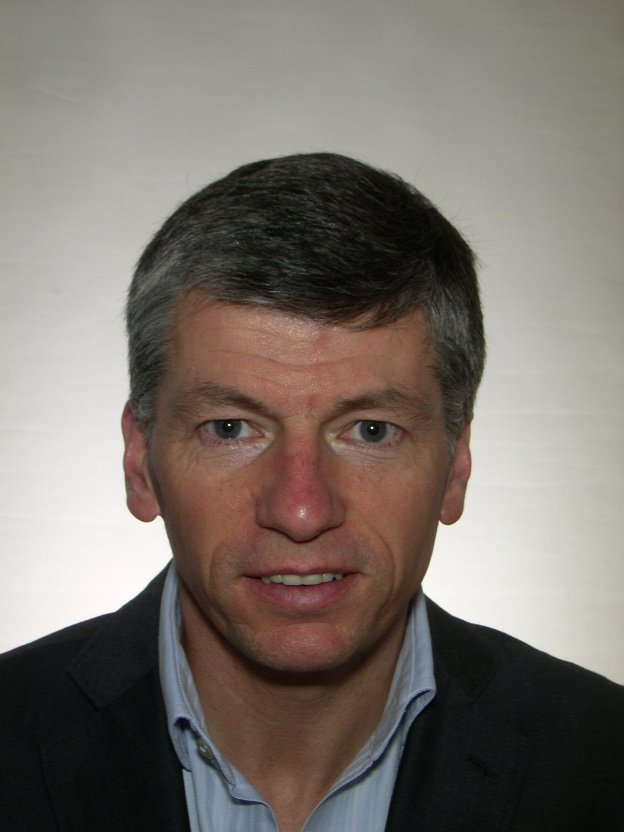By Anthony Phillips, Managing Director, WellKom International
This article is the third and last being published this week in conjunction with Anthony’s talk at the British Safety Council’s Global Risk Symposium at Excel today at 13.00 to 14.15. Or, contact him on [email protected]
Part one and part two can be read on SHP online.
The focus of this third article is to look at solutions from a Whole Organisation and from a Whole Life perspective.
Let’s start with the next generation of organisational development – 3D Business Transformation – the fusion of the three Disciplines (3D): Health, HR and Business.
This is illustrated below. It has the added benefit of a three levels of simultaneous business transformation: Individual, Team and Organisational.

To illustrate the multi-disciplinary nature of the approach let’s look at one of the factors which differentiated those employees with no accidents versus those with one or more accidents in the last 12 months – see article number 2: People Scheduling and Work Patterns.
This is an aspect of organisational development I have specialised in over many years internationally. It is a very under-developed area of know-how. I think partly because in the traditional 1D or 2D approaches of using one or two Disciplines nobody is really sure who is responsible and who has the know-how. For HR it is often seen as more Operations Management and requires a very good understanding of the business. For Operations they lack the understanding of contractual options; pay and rewards and attraction methods to optimise scheduling.
The benefits of having a 3D approach is that then all aspects and know-how are combined.
Think critically about how well developed people scheduling and work patterns are in your own organisation. How are they built from a Health, HR and Business perspective? Are there improvement opportunities which will have paybacks such as reduced risk?
“The suspension of the National Institute for Health and Care Excellence’s vital work on safe nurse staffing levels is a damaging step not only for nursing but for all who use the NHS and care about is future”. (Source letter to The Times Editor 10-06-2015 from a range of eminent stakeholders the Patients Association and the Royal College of Nursing.)
If the largest employer in England has identified this as a vital area then maybe it is for you as well?
The individual Whole Life approach is founded on how well individuals mentally and physically manage these life (not just work) stressors and how can this capability be improved. This life capability or competence (to use the HR work phraseology) has become increasingly known as Personal Wellness Management. It takes a next generation approach to the narrower approaches such as resilience and has relevance also to other agendas such as engagement*, attraction and retention.
The opportunity for Risk Management is that the capability of Personal Wellness Management is very under-developed – across all types of employees / occupations. WellKom has a lot of data on current capabilities and also solutions on how this capability can be significantly improved across many Dimensions including Life Satisfaction.
When Risk Management recognises, promotes, measures and develops this life capability the paybacks from increased physical and mental capacity to manage life’s challenges – at work and outside of work – can have many paybacks – not just for the employer in reduction of risk of all sorts but perhaps unexpected pay-offs for individuals.
The Whole Life / Whole Organisation approach will reduce risk and ought to lead to higher life satisfaction. The value of that? Well some recent research from Chapman University in the USA found a clear correlation between life satisfaction and the risk of dying.
Enough said I think for the time being!
 Anthony Phillips
Anthony Phillips
The Safety Conversation Podcast: Listen now!
The Safety Conversation with SHP (previously the Safety and Health Podcast) aims to bring you the latest news, insights and legislation updates in the form of interviews, discussions and panel debates from leading figures within the profession.
Find us on Apple Podcasts, Spotify and Google Podcasts, subscribe and join the conversation today!



